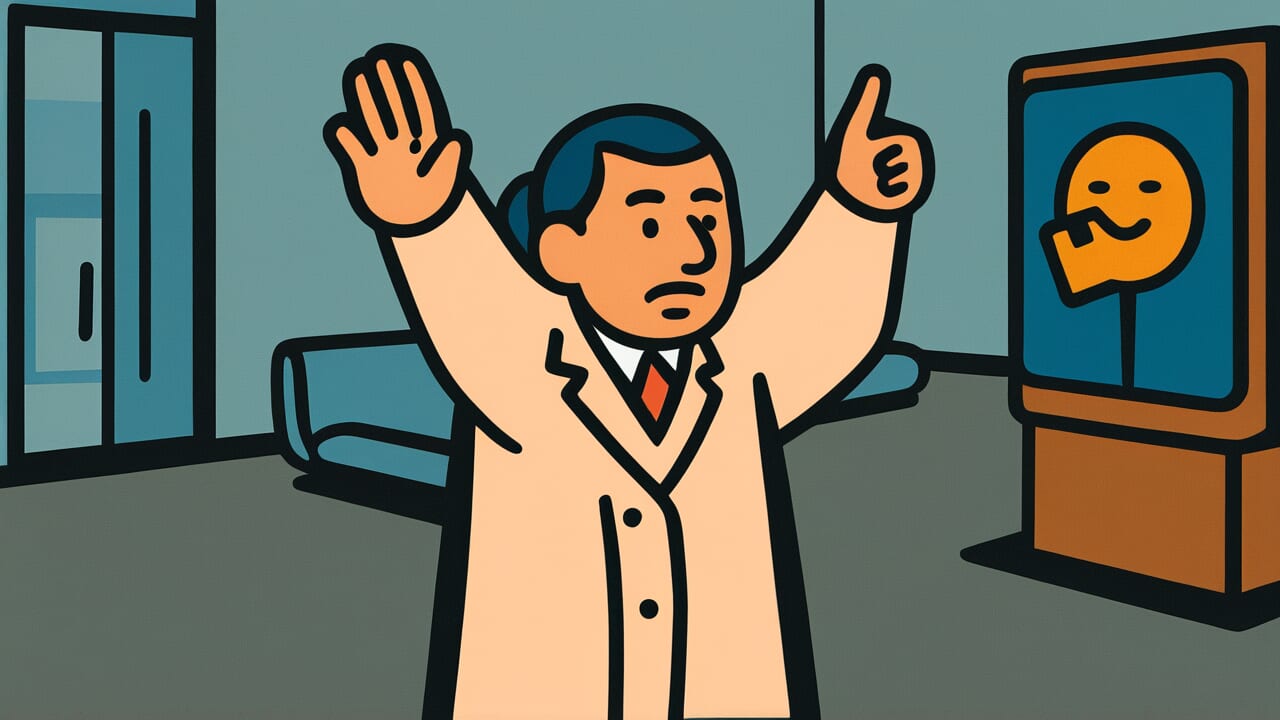How to Read “The nature of the extremely foolish cannot be changed”
Kagu no sei utsuru bekarazu
Meaning of “The nature of the extremely foolish cannot be changed”
This proverb means that extremely foolish people will not change their fundamental nature, no matter how much education or guidance they receive.
The term “kagu” (extremely foolish) doesn’t simply mean someone with low knowledge or ability. It refers to people who lack the attitude to learn or the desire to improve themselves.
This saying is used when educators or mentors recognize the limits of someone who shows no progress despite their efforts.
It also appears in contexts about human development, acknowledging the reality that not everyone can change.
In modern times, these words may sound cold, as if denying human potential.
However, the original meaning was to prevent teachers and leaders from exhausting themselves with unrealistic expectations. It emphasized the importance of recognizing someone’s true nature.
Origin and Etymology
This phrase is believed to come from the “Yang Huo” chapter of the ancient Chinese text “Analects” (Lunyu).
Confucius classified people into three categories: “shangjie” (supremely wise), “zhongren” (average people), and “xiagu” (extremely foolish). He stated, “Only the supremely wise and the extremely foolish do not change.”
What’s interesting is that this phrase speaks to the limits of education. Confucius was known as a thinker who believed in the power of education.
Yet he also recognized that some fundamental aspects of human nature cannot be changed. “Xiagu” doesn’t simply mean lacking knowledge.
It’s interpreted as a state where someone lacks the very motivation to learn or the desire to improve.
The character “sei” (nature) came to Japan meaning “true nature” or “innate character.” “Utsuru” means “to change.”
This combination formed the meaning “the true nature of the extremely foolish cannot be changed.”
As Confucian thought took deep root in Japan, this proverb came to be quoted in educational and human development contexts.
Usage Examples
- Watching him repeat the same mistakes no matter how many times I teach him, I remember the saying “The nature of the extremely foolish cannot be changed”
- Let’s stop expecting anything from that person—”The nature of the extremely foolish cannot be changed,” and we’re just exhausting ourselves
Universal Wisdom
Behind this proverb’s long transmission lies a deep insight into human nature.
We all want to believe that “people can change.” We believe in the power of education, love, and environment. We hope others will change for the better.
But reality sometimes confronts us with people who don’t change, no matter how much effort we invest.
This saying points to a truth: humans have parts that can change and parts that cannot.
Knowledge and skills can be acquired through education. But the motivation to learn and the desire to improve are extremely difficult to give from outside.
These must spring from within the person themselves.
Throughout history, educators and mentors have faced this reality. They’ve struggled between the ideal of being able to change everyone and the reality that some people don’t change.
This proverb represents wisdom born from that struggle.
Rather than exhausting yourself with unrealistic expectations, you discern someone’s true nature. You decide where to invest your limited time and energy.
This isn’t coldness—it may actually be wisdom. A deep understanding of human nature is condensed in these brief words.
When AI Hears This
This proverb divides humans into “those who can change” and “those who cannot.”
But neuroscientist Michael Merzenich’s research proved that even 80-year-old brains can form new neural pathways. Biologically speaking, there’s no such thing as “unchangeable people.”
So why do some people not change in reality?
Psychologist Carol Dweck’s research holds the key. She discovered that people with a fixed mindset who believe “I can’t change” avoid failure and fear challenges.
As a result, their growth actually stops. Brain scan studies show something fascinating: when people with fixed mindsets are told they’re wrong, their brain’s learning areas don’t respond.
It’s not lack of ability. The belief “I can’t change” itself puts the brakes on brain plasticity.
Here lies the real danger of this proverb. People labeled as “extremely foolish who cannot change” lose both expectations from others and learning opportunities.
This becomes a self-fulfilling prophecy where they truly cannot change. In Robert Rosenthal’s classroom experiments, students’ IQ growth dropped by 20 points simply because teachers believed “this child won’t improve.”
In other words, inability to change isn’t a brain limitation. It’s the power of the “unchangeable” narrative that society creates.
Lessons for Today
This proverb teaches modern people wisdom about expectations of others and how to use your own energy.
Believing you can change everyone is a beautiful ideal. But in reality, some people don’t want to change.
What matters is having the courage to accept this fact calmly.
When you want to help or guide someone, first determine whether they truly want to change.
Forcing yourself on people without the will to change only exhausts you. Your limited time and energy should go to people who genuinely want to grow.
People who are ready to receive your words.
At the same time, these words are a question for yourself. Do you maintain an attitude of continuous learning?
Do you seek growth without fearing change? What you need to avoid becoming “extremely foolish” isn’t high intelligence.
It’s a humble heart that keeps learning. With this attitude, people can grow at any age.
This proverb gives us the power to make wise choices.



Comments